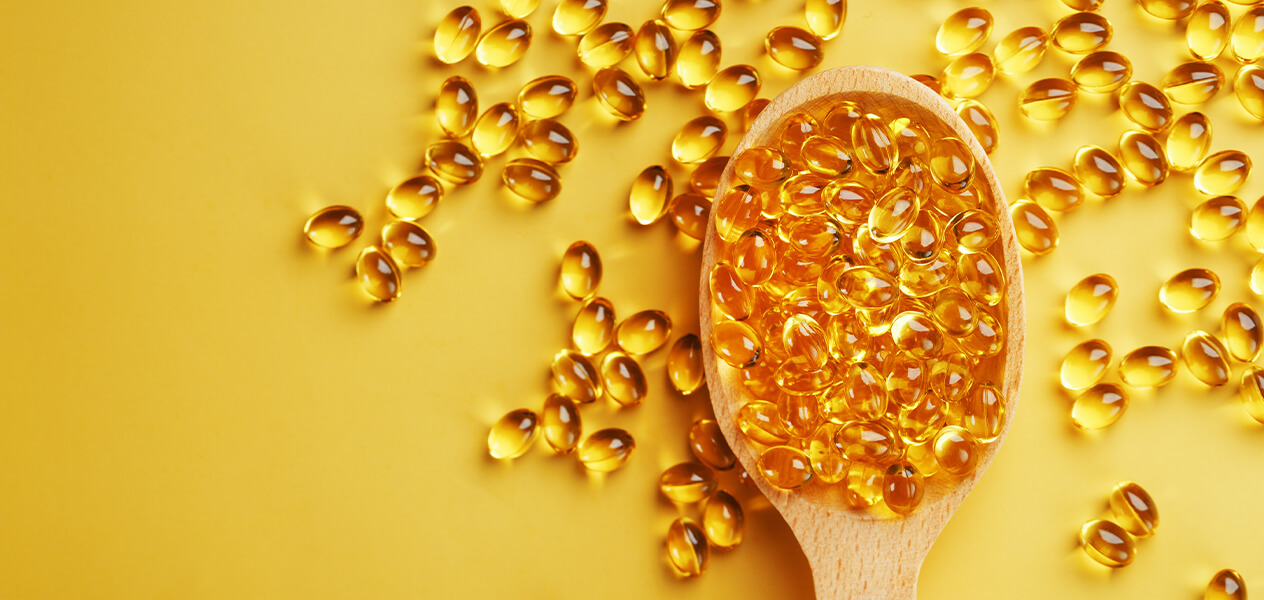
Hormones AND Prohormones?
We’re all familiar with hormones. They regulate innumerable bodily functions including blood pressure, blood sugar, kidney function, and sex/gender-related characteristics and development. We’re also well aware of the effect of imbalanced hormones because they lead to diseases like thyroid disease or adrenal dysfunction. As interesting as hormones and their regulation are, did you know that our bodies also produce prohormones?
What is the Difference Between Hormones and Prohormones?
Hormones are messengers; chemicals that tell the body that it needs to work to lower blood pressure, initiate puberty, regulate growth, and reproduction. Prohormones are inactive chemicals within the body. They serve as precursors to hormones. They don’t do anything until the body activates them through specific enzymatic processes when they’re needed.
Interestingly, prohormones aren’t always what we might assume they are. For example, although most of us think of vitamin D as a supplement, it’s actually a prohormone.
Vitamin D3 as a Prohormone
There are two kinds of vitamin D: vitamin D2 and vitamin D3. Vitamin D2 is mainly found in plants while vitamin D3 is found largely in food like fatty fish. It’s also already present within our bodies. Vitamin D3 is activated by sunlight, which is why getting some sun every day is so important. Like many hormones or prohormones, our internal level of vitamin D3 decreases as we age.
Vitamin D2 and vitamin D3 are available as supplements, but vitamin D3 is far easier for the body to absorb and utilize. Vitamin D3 affects many parts of our bodies, including:
- Bone health
- Bone strength
- Muscle health
- Skin
Vitamin D3 can be beneficial to many areas of well-being. It is linked to reducing the risks of many diseases. It has been shown to be effective supporting a number of areas and reducing risks in other areas like:
- Rickets (which affects children)
- Osteomalacia (the adult equivalent of rickets)
- Respiratory infections
- Severe fractures, especially in elderly patients
- Immune strength
- Mood
- Depression, including seasonal depression
- Inflammation
How Do I Know If I Need Vitamin D3?
A simple blood test can tell you what your vitamin D level is. Your medical practitioner will also take your medical history to determine whether you are exhibiting any symptoms of vitamin D deficiency.
APEX Hormone Health Can Help
APEX Hormone Health can help you figure out whether you may benefit from supplemental vitamin D3. Our clinicians are highly skilled professionals who are experienced in treating hormonal and other imbalances. Along with vitamin D3, APEX Hormone Health can have hormone and peptide prescriptions delivered right to your door, making it as easy as possible for you to manage your well-being. Call: 720-856-0200 to begin feeling your best. Our mission is healing, and we’re committed to providing quality care at every visit so you can heal from age-related vitamin deficiencies and hormonal imbalances.